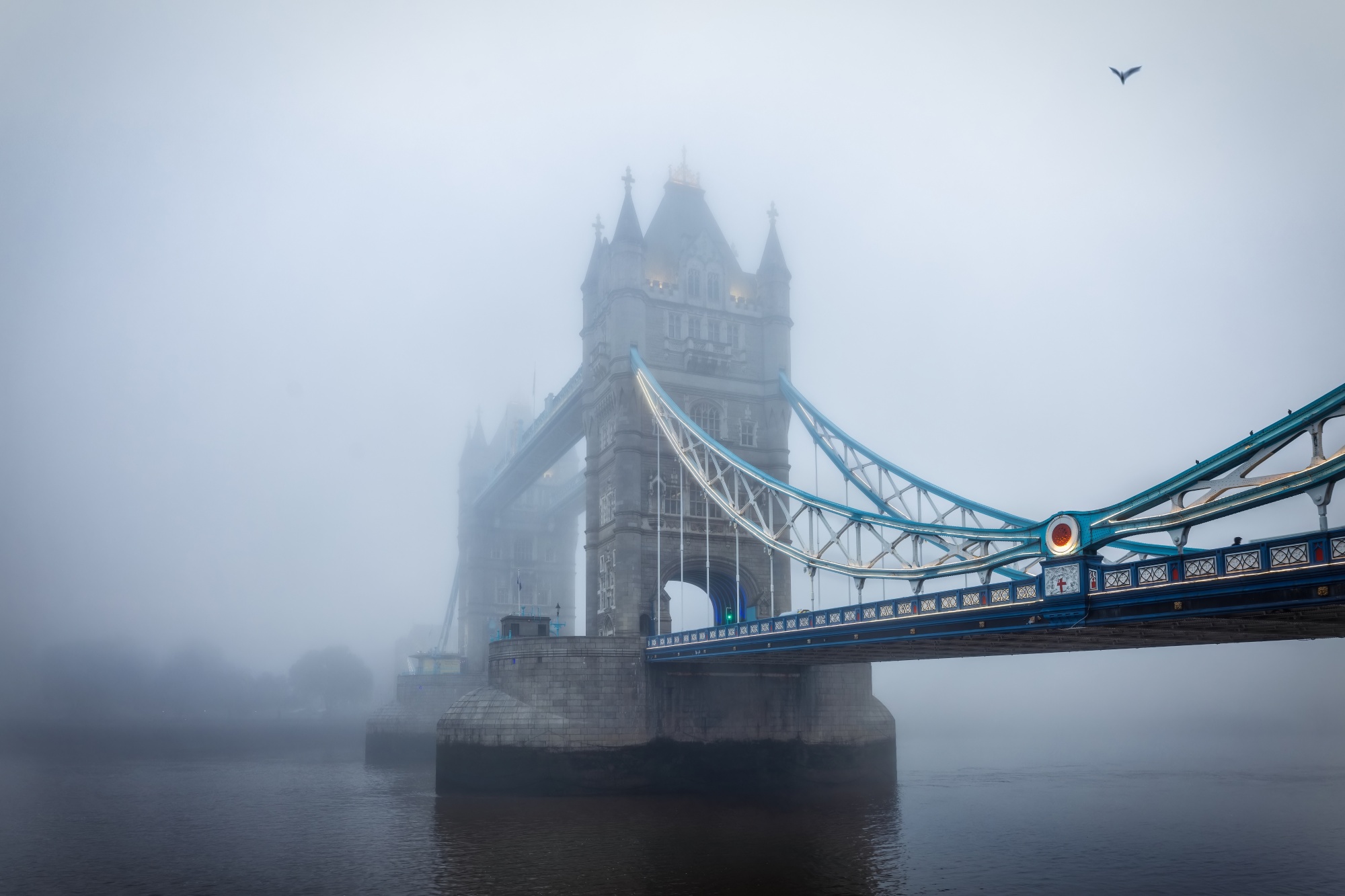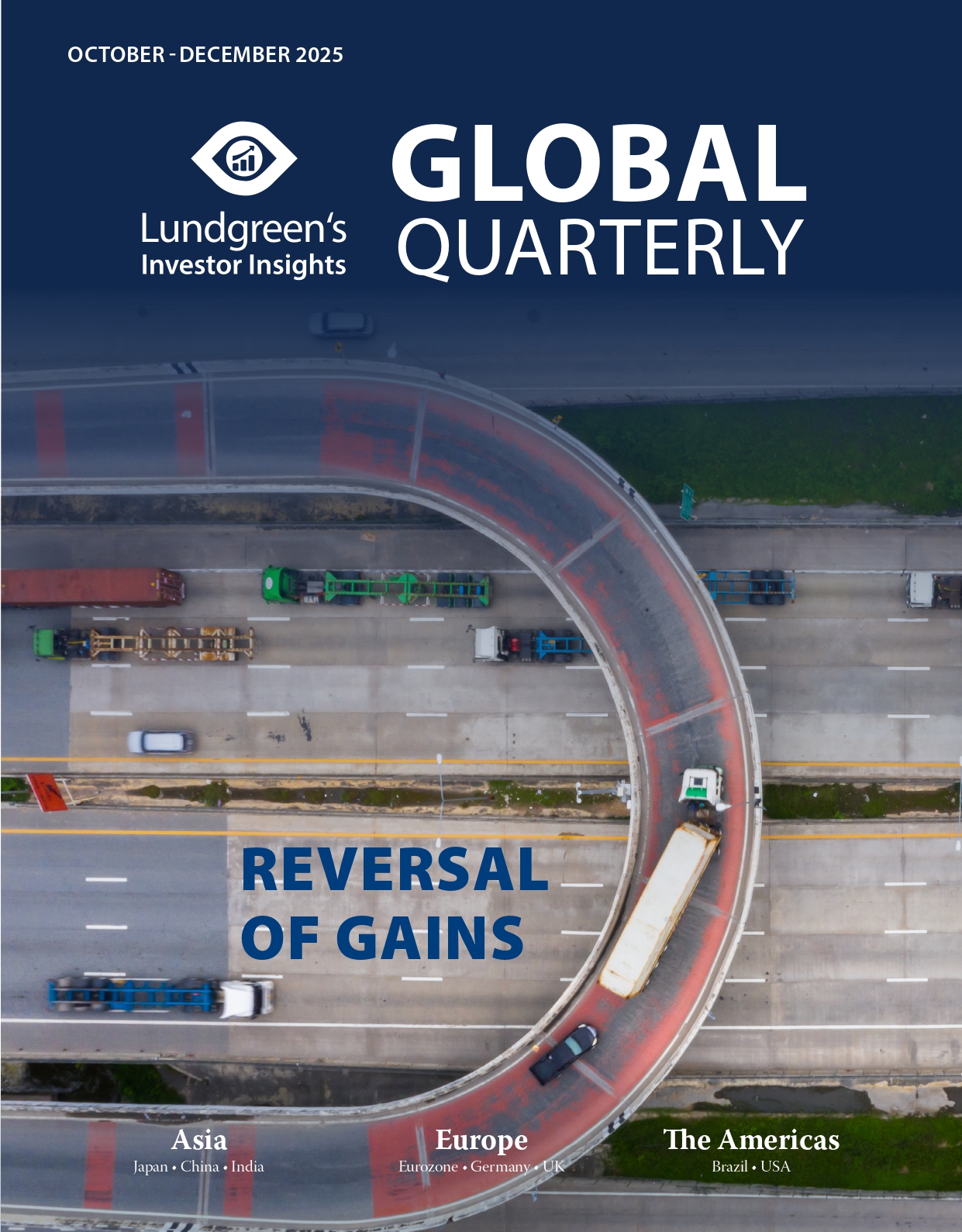Gloomy clouds hound UK skies amid high inflation
Inflation in the UK continues to rise, further pushing the British economy into pessimism. Still, the Bank of England chooses to believe that this regime will be temporary.
UK inflation clocked in at 3.8 per cent in August 2025, nearly twice as fast as the 2 per cent target. This is the same rate reported for July, indicating that recent changes in prices are relatively stable. Looking further, one can see that inflation is creeping up steadily, placing the spending power of British households and businesses under further threat. The Bank of England (BOE), however, cut interest rates by 25 basis points in August to go against conventional economic wisdom. While the central bank believes that the UK economy is exhibiting resilience, it is ready to act if economic and political shocks ensue globally.
Prices steadily rising
Latest data show that inflation in the UK has been creeping up again despite initially slowing down in past months. August inflation at 3.8 per cent is the highest rate since a low of 1.7 per cent tallied in September 2024. This, however, is still significantly lower than the peak 11.1 per cent reported in October 2022, as seen in Graph 1. This is primarily driven by the effects of the Russia-Ukraine war on energy and food prices. According to the Office for National Statistics, UK’s inflation rate is driven by rapid price increases for housing, water, electricity, gas and other fuels (7.4 per cent), as well as food and non-alcoholic beverages (5.1 per cent).

The BOE sets the inflation target, which is historically at 2 per cent, and calibrates the key interest rate accordingly as it also manages the exchange rate of the pound sterling. The BOE’s benchmark rate dictates the cost of borrowing for businesses and interest gains for savings. Such adjustments create a domino effect on the demand for goods and services, and ultimately affect prices.
Despite inflation picking up steam, the BOE has consistently cut interest rates over the same period, with the key rate dropping from a high of 5.25 per cent in July 2024 to 4 per cent as of September. The central bank believes that current inflationary pressures on goods and products are temporary and wage growth will cool down further. In response to critics, the BOE emphasizes the delicate balance of setting interest rates while saying that they are ready to act should the prevailing economic situation change. On the other hand, the BOE expects that prices will continue to rise and will peak by September this year before returning closer to the 2 per cent inflation target next year. Hence, British households and businesses should expect a hit in their spending power until prices drop in 2026, if they do at all.
Pessimism persists
Amid this environment, the confidence of both consumers and businesses have turned negative since September 2024. Graph 2 shows that the general outlook on both sides remains gloomy, with the two indices averaging below the neutral threshold of 100 as of August. Households were the most pessimistic when inflation hit peak levels in 2022 due to the effects of the Russia-Ukraine war. Consumer confidence has slightly improved over the past six months though it remains negative. British families are already feeling the squeeze from rapidly rising prices, particularly for food items.

Similarly, businesses have shown pessimism about future prospects since November 2023 and have not yet regained the confidence they had prior to 2022. The Organization for Economic Cooperation and Development (OECD) even predicts that the UK will record the fastest rate of inflation among the G7 economies this year. This unchecked inflation has been squeezing profits, leaving businesses dismayed with how the Labour Party is handling the economy. Further, the OECD sees no reprieve for UK sentiment after both consumer and business confidence fell further in August over looming uncertainty on taxes, slower growth prospects, and the stronger-than-expected inflation. Business confidence notched a mild recovery in September, but pessimists continued to outweigh optimists.
Gloomy expectations do not bode well for investments towards the UK, further sparking concern as other political and economic factors persistently cast doubt on the economy’s growth path. One looming threat is the upcoming budget deliberations in November where Finance Minister Rachel Reeves is scheduled to present the 2026 government budget. Here, Reeves is expected to impose new taxes to buoy public coffers for the coming year. Another is the possible implementation of additional tariffs from US President Donald Trump despite the US and the UK recently concluding trade negotiations. There are also political ramifications to look out for among the UK’s allied countries as it recently joined France and Canada in formally recognizing the state of Palestine.
All things considered, rising inflation further adds to the woes of an already challenged British economy. At Lundgreen’s, we see the same gloomy skies cast over the UK markets similar to what British consumers and businesses do. Despite the BOE’s choice to look positively at the current situation, we remain underweight towards the UK in anticipation of these multiple threats – which, on top of inflation, can topple the economy’s already shaky confidence.
This original article has been produced in-house for Lundgreen’s Investor Insights by on-the-ground contributors of the region. The insight provided is informed with accurate data from reliable sources and has gone through various processes to ensure that the information upholds the integrity and values of the Lundgreen’s brand.








